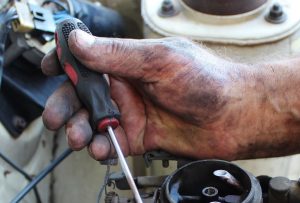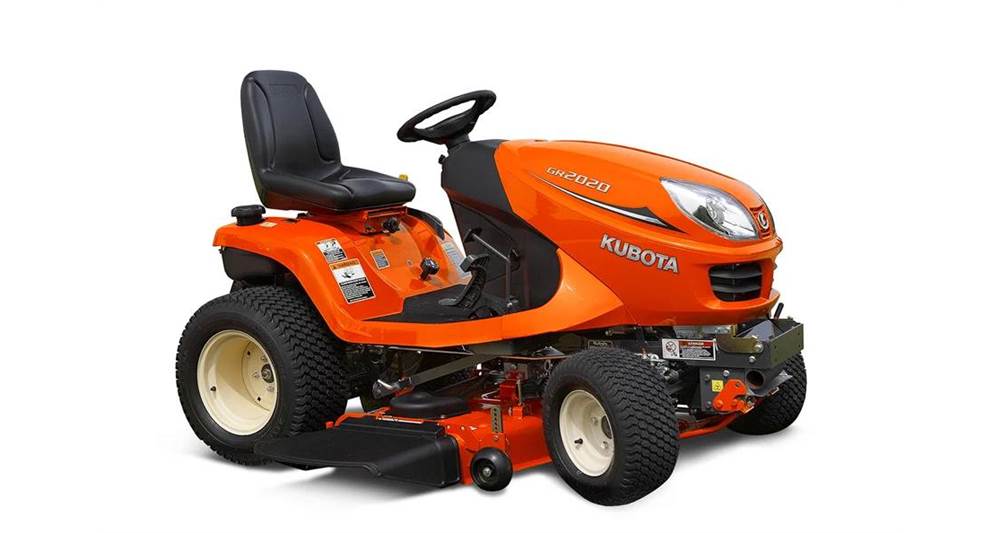If you like working on the equipment around your place, then you may be tempted to repair the lawn mower, snow blower, edger, chain saw, or tractor engine. But is this a good idea? If you’re handy with this type of chore, then you might find this a walk in the park. It does help to have a bit of knowledge when it comes to small engines though.
How small engines work
A small engine consists of numerous parts. Six systems are necessary for internal combustion gasoline engines: fuel, exhaust, ignition, combustion, cooling, and lubrication. When something happens to any of these components, you can experience trouble.
Before you begin, it’s a good idea to figure out exactly why the engine won’t start. Is it a problem with the ignition, the fuel line, spark plug? If you find that you need to replace one or more parts, be sure to pay a little extra to get the OEM replacement part. You can save a few dollars by purchasing off-brand products, but these won’t last as long and that means you’ll be having to repair the engine again too soon. Using OEM parts also ensures that your warranty stays intact.

Below, we’ll go over a few basic tips that can prevent you from making those dumb mistakes that first-timers sometimes make.
- Make sure the engine has cooled. You can get a pretty bad burn by touching an engine that has only been off for a few minutes. Give the engine time to cool down thoroughly.
- Remove the wiring boot from the spark plug. This will prevent the engine from accidentally starting. This may seem like a no-brainer but it’s very important.
- Try to run all or most of the gas out of the engine before taking it apart. This is a simple step that can prevent you from making a mess all over the garage floor.
- Fuel line. Check the fuel line before you actually begin taking the engine apart. It could be a simple matter of the fuel line being blocked with some type of debris.
- Check the carburetor. This tip is along those same lines as above. Carburetors get clogged easily on mowers and tractors simply because they’re exposed to lots of flying debris such as grass and dirt. You may simply need to clean out the carburetor. For that task, it’s best to consult the manufacturer’s web page.
Regular Maintenance
The best way to avoid small engine failure is by setting up regular maintenance on your mower, tractor, snow blower, edger, ATV or whatever. These types of products require good regular maintenance to avoid problems. You can set up a schedule that best fits your lifestyle but cleaning out the carburetor and fuel line every few months is a good idea.
As you perform maintenance on this item, you’ll get a lot more familiar with how it works and what types of problems you might more commonly need to deal with. If all else fails, then consult a local small engine shop and let the experts handle everything while you head out for a juicy cheeseburger.
Did You Know?
Briggs & Stratton builds more than 10 million air-cooled gasoline engines each year for mowers, tractors, snow blowers etc. They are the world’s leading manufacturer of internal combustion gasoline engines outside the automotive industry.
References:
How To Clean A Snow blower: Part I – Cleaning The Carburetor – LawnEQ Blog
How to Repair Small Engines: Tips and Guidelines | HowStuffWorks

